What is Ethereum?
Guys, I hope that evryone knows that Ethereum is like a global, open computer where people from all over the world can run special programs called smart contracts. These smart contracts control digital things, and they work non-stop. It's like a worldwide computer that never turns off and can't be controlled by anyone.
HOWEVER, John does not know that. He also does not know what a smart contract is or any other Defi concepts. In this post, we will help John.
What is a Smart Contract?
A smart contract is like a computer program that helps two people make a deal without needing to trust someone else to make it happen. For example, if Alice wants to give Bob $100 every month for a year, she can use a smart contract to:
- Check the date
- Automatically send Bob $100 at the start of each month
- Keep doing this until there's no money left in the contract
With a smart contract, Alice doesn't need a middleman like a lawyer or an escrow agent to send Bob the money, and everyone can see what's happening. Smart contracts follow a rule like "if this happens, then do that." When the rule is met, the smart contract does its job.
Lots of smart contracts can work together in something called a decentralized application (Dapp) to do even more complex things.
What is Ether (ETH)?
Ether, often called ETH, is like the money used on the Ethereum network. You can use it to buy things or pay for services, just like Bitcoin. When you send Ether to someone, the Ethereum system keeps a record to make sure it all goes smoothly.
But Ether isn't just money. It's also like the fuel you need to run things on the Ethereum network, like smart contracts and Dapps. It's a bit like needing gas to drive a car. To make a smart contract work on Ethereum, you pay a fee in Ether, which is called "Gas."
What is Gas?
Gas on Ethereum is like a small fee you have to pay whenever you do something on the network, like making transactions or running smart contracts. It's the "fuel" that powers these operations.
Think of it this way: the more complicated the thing you want to do, the more Gas you need. You pay for Gas using Ether (ETH), Ethereum's own currency.
The price of Gas can go up or down depending on how busy the Ethereum network is. When lots of people are using it, the price can go higher. When it's not so busy, the price drops.
You can set the Gas fee yourself, but when the network is busy, miners (the folks who process transactions) prioritize the ones that pay more Gas. If you don't pay enough, your transaction might take a while to finish.
Gas prices are usually measured in gwei, which is a tiny amount of Ether. For example, 1 gwei is equal to 0.000000001 Ether.
So, if you need 21,000 gas units to do something, and the average gas price is 3 gwei, you'd pay 0.000063 ETH to make it happen.
What are Decentralized Applications (Dapps)?
Decentralized Applications, or Dapps for short, are like regular apps you use on your phone or computer, but they have some special powers because they connect to the Ethereum blockchain.
These apps can do things like storing information on the blockchain so it can't be changed, and they might need Ether (ETH) to work. So, they work a bit differently from your usual apps but still look and feel the same.
What are the benefits of Dapps?
Dapps have some cool advantages because they're on blockchain networks like Ethereum:
- Immutability: Once something is on the blockchain, it can't be changed by anyone. It's like writing in pen instead of pencil.
- Tamper-proof: Smart contracts (the rules Dapps follow) on the blockchain can't be messed with secretly. If someone tries, everyone on the blockchain knows.
- Transparent: You can check out the rules of Dapps whenever you want. It's like having a clear rulebook for a game.
- Always available: As long as the Ethereum network is up and running, Dapps will work. It's like a 24/7 store that never closes.
What are the disadvantages of Dapps?
Dapps are cool, but they have some downsides too:
- Immutability: Once a smart contract is set up, it can't be changed, even if there are mistakes. So, if someone makes a mistake in the contract, it's stuck that way.
- Transparency: While transparency is good, it can also be bad because hackers can see how things work and try to find weak spots to attack.
- Scalability: Dapps can only handle so much because they rely on the blockchain they're on. If a lot of people start using a Dapp, it can slow down or get clogged up.
What else can Ethereum be used for?
Ethereum isn't just for making cool Dapps. It can also do two more things:
- Decentralized Autonomous Organizations (DAOs): These are like organizations run by computer code, not people. They're super transparent and can't be messed with by humans. Decisions are made by voting with special tokens.
- Creating Other Cryptocurrencies: Ethereum is like a factory where you can make different types of digital money. There are two main types: ERC-20 (like regular money) and ERC-721 (like unique collectibles). Think of ERC-20 as dollars and ERC-721 as one-of-a-kind toys or trading cards.
TL;DR:
- Ethereum: A global, unstoppable computer for running self-executing contracts called smart contracts.
- Smart Contracts: Automated deals without middlemen, following "if this, then that" rules. The foundation of Dapps.
- Ether (ETH): Ethereum's money and fuel, used for transactions and powering smart contracts, like gas for a car.
- Gas: The fee for Ethereum actions, varies by task and demand, paid in ETH.
- Dapps: Apps that use Ethereum's transparency, tamper resistance, and 24/7 availability.
- Benefits of Dapps: Transparency, tamper-proofing, and constant operation.
- Disadvantages of Dapps: Immutability, transparency attracting hackers, and potential scalability issues.
- Other Ethereum Uses: Decentralized Autonomous Organizations (DAOs) run on code, not humans. Ethereum creates different digital currencies: regular (ERC-20) or unique (ERC-721).
All of the info above was put togheter with the help of the How to Defi book from Coingecko in a simplified manner in order for the average man to understand. Hope that I helped some people!
[link] [comments]

You can get bonuses upto $100 FREE BONUS when you:
💰 Install these recommended apps:
💲 SocialGood - 100% Crypto Back on Everyday Shopping
💲 xPortal - The DeFi For The Next Billion
💲 CryptoTab Browser - Lightweight, fast, and ready to mine!
💰 Register on these recommended exchanges:
🟡 Binance🟡 Bitfinex🟡 Bitmart🟡 Bittrex🟡 Bitget
🟡 CoinEx🟡 Crypto.com🟡 Gate.io🟡 Huobi🟡 Kucoin.



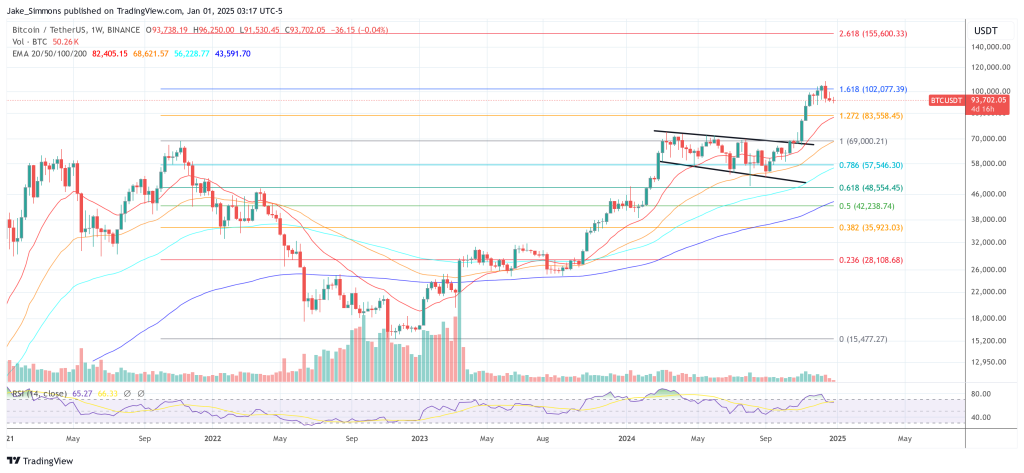
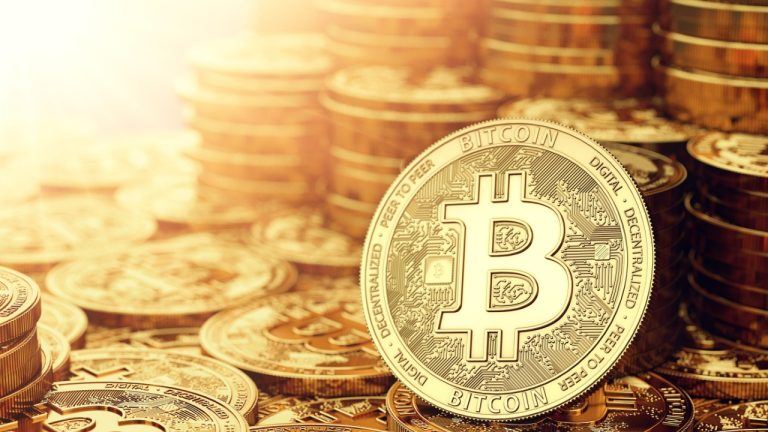

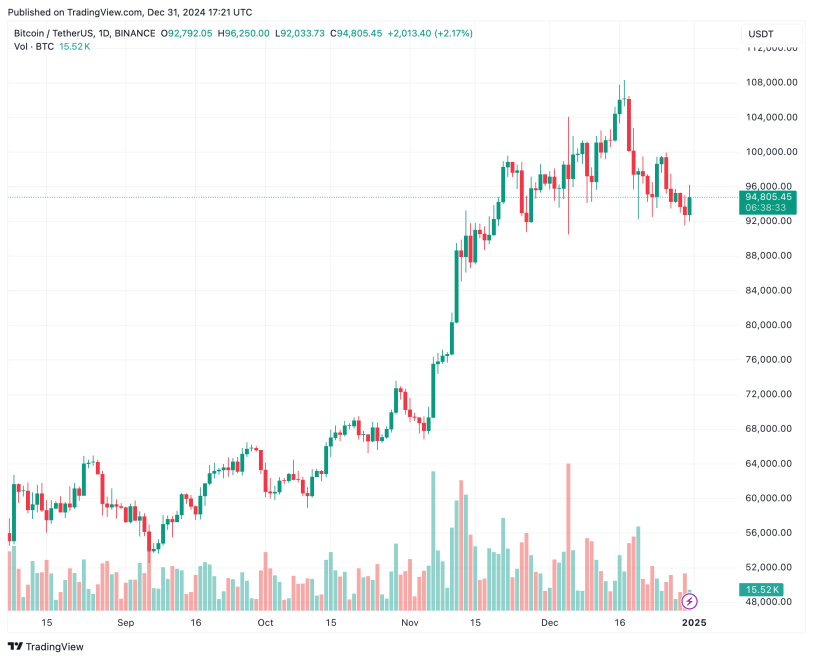
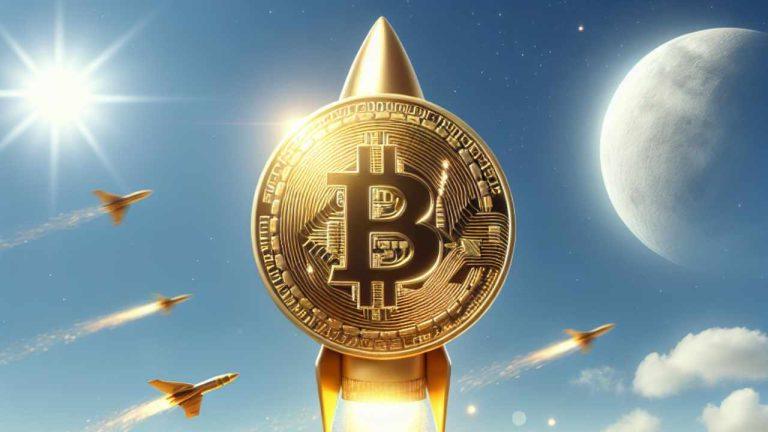

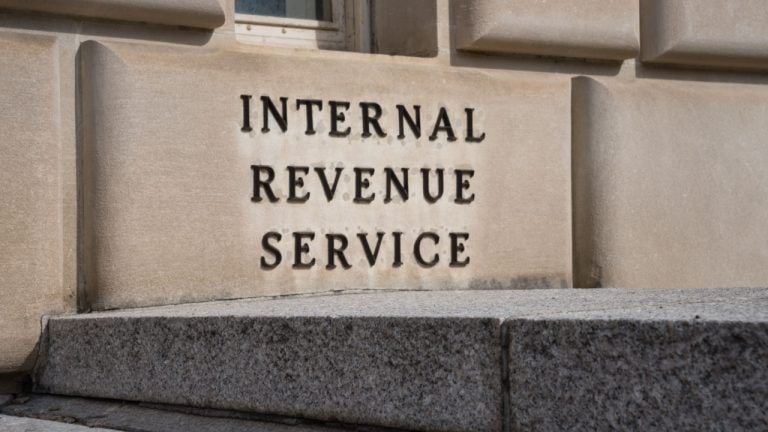

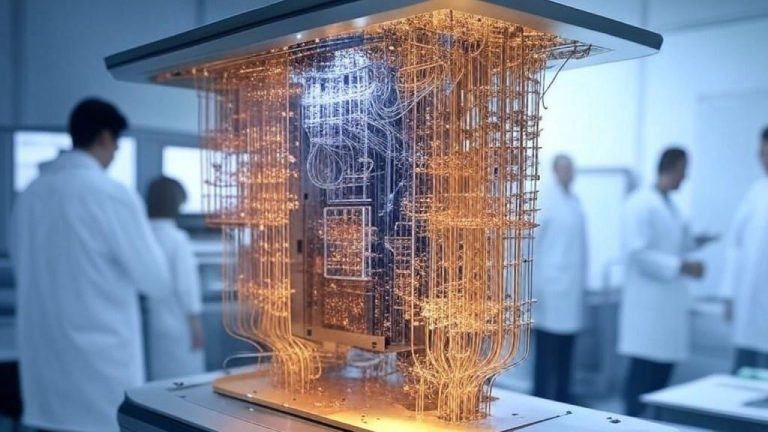

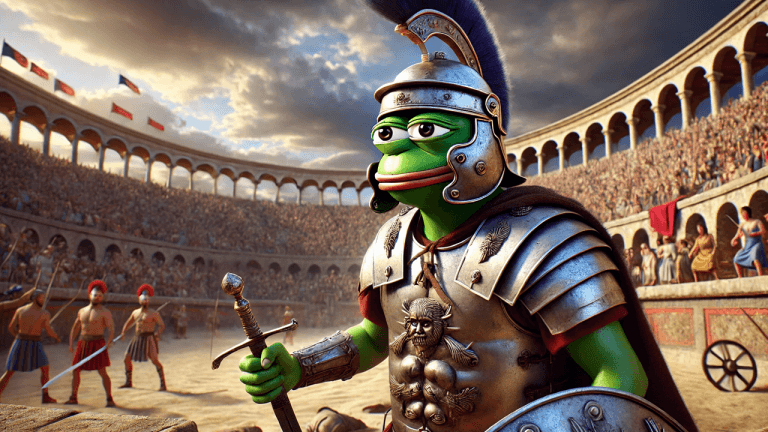
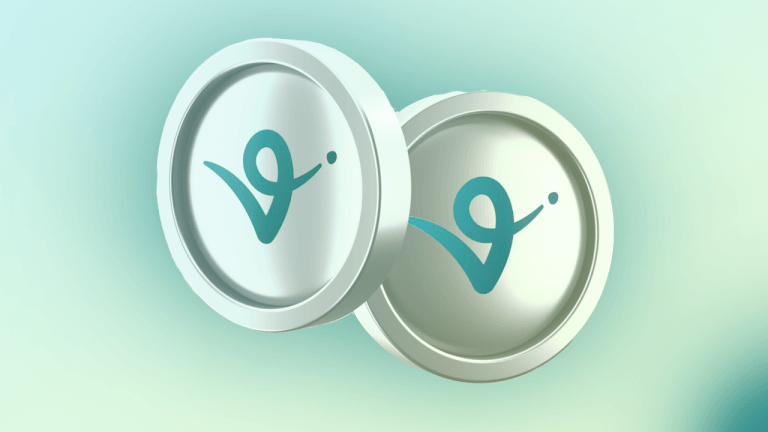

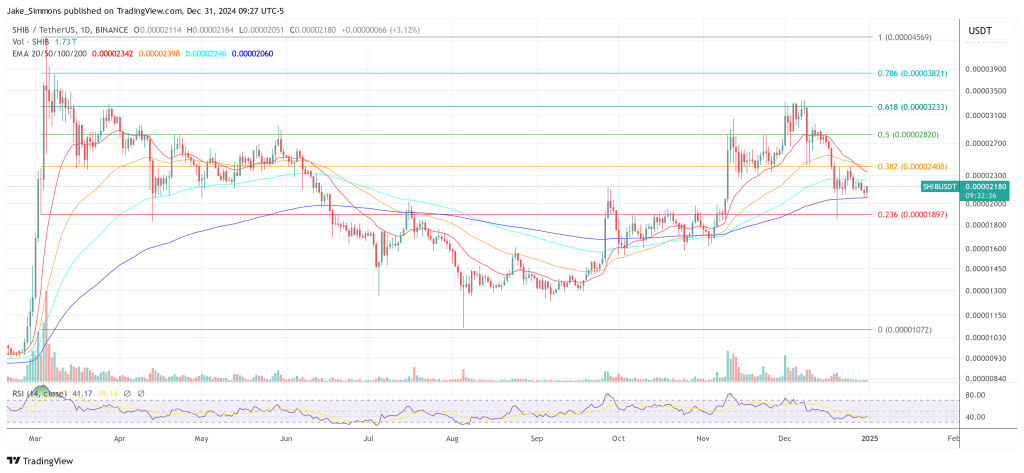
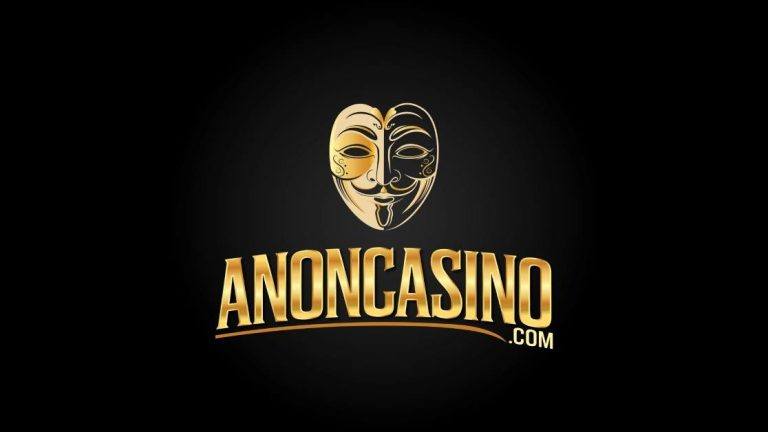
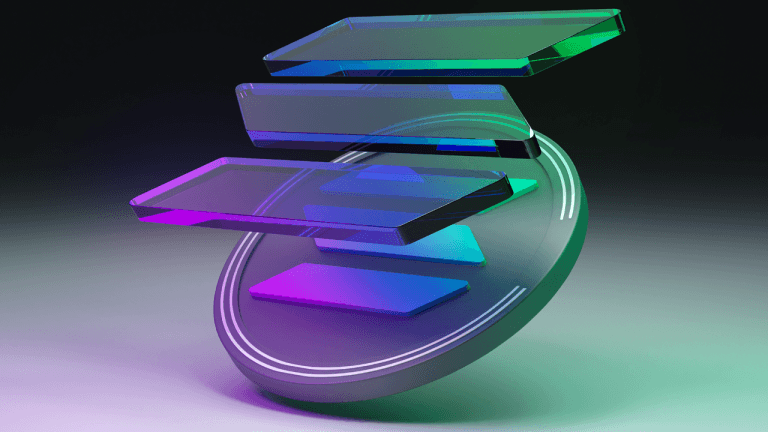
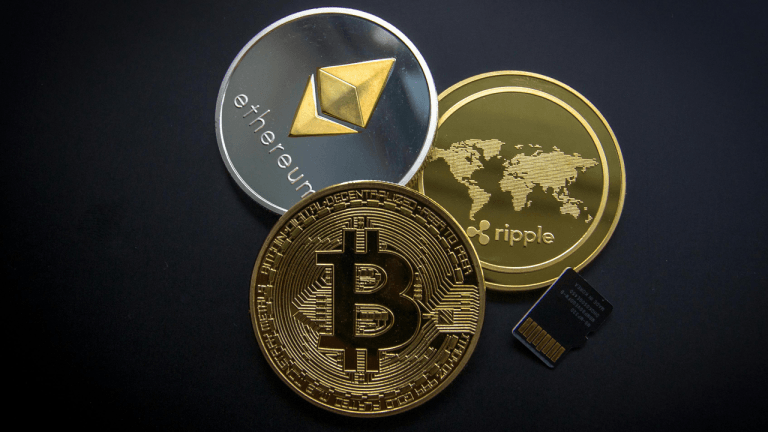
Comments